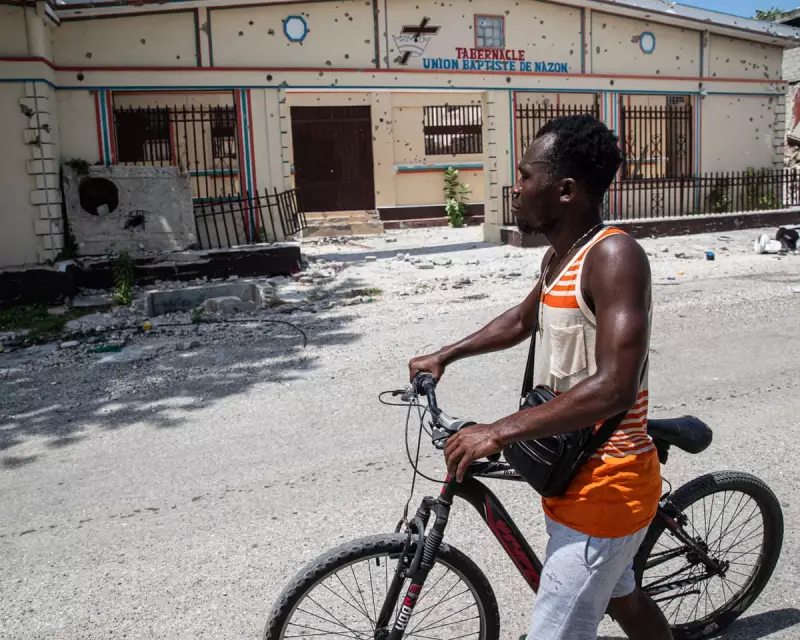
In a decisive move to address Haiti's spiralling security crisis, the United Nations Security Council has approved the creation of a new multinational military force. The mission aims to confront powerful criminal gangs that have brought the Caribbean nation to its knees.
A Nation Under Siege
Haiti has been grappling with extreme gang violence that has paralysed daily life, with armed groups controlling approximately 80% of the capital, Port-au-Prince. The situation has created a devastating humanitarian emergency, limiting access to essential services and forcing hundreds of thousands from their homes.
The resolution, adopted with overwhelming support, authorises the immediate deployment of international forces to support Haiti's National Police in restoring order. "This is not a UN peacekeeping mission," clarified one diplomat, "but a crucial intervention to prevent complete state collapse."
International Response and Mandate
The multinational force will operate under a Chapter VII mandate, granting it broad authority to use necessary measures, including lethal force, to protect civilians and key infrastructure. Several nations have already pledged personnel and resources, though the exact composition and leadership remain under discussion.
UN officials emphasised that the mission's primary objectives include:
- Securing critical transportation routes and humanitarian corridors
- Disarming and dismantling criminal networks
- Protecting vital infrastructure including ports, airports, and hospitals
- Supporting the Haitian National Police's capacity building
Humanitarian Crisis Deepens
The security vacuum has exacerbated what aid agencies describe as one of the world's most severe humanitarian disasters. Nearly half of Haiti's population faces acute hunger, while cholera outbreaks and limited healthcare access have created a perfect storm of suffering.
"This intervention comes not a moment too soon," said a representative from Médecins Sans Frontières. "The population has been living in terror, with medical facilities unable to operate safely and aid distribution frequently blocked by gang checkpoints."
The Security Council's decision represents the most significant international response to Haiti's crisis since the devastating 2010 earthquake. While some human rights groups have expressed concerns about potential civilian casualties, most Haitian civil society organisations have welcomed the intervention as necessary to break the cycle of violence.
The success of this mission will be closely watched, not only for Haiti's future but as a test case for international responses to state fragility in an increasingly unstable global landscape.






